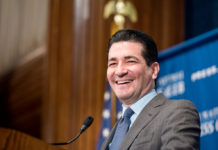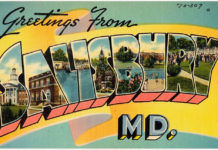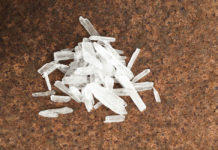community driven app, which allows users to share their perspectives through pictures of anything related to drugs and alcohol. The app will be nationally promoted this fall (it’s only available in New Jersey for now).
The U.S. Food and Drug Administration (FDA) is also looking to leverage mobile technology to raise awareness for the growing opioid problem in the United States.
Last month, the FDA invited the public to sign up for the Naloxone App Competition – a competition that encourages tech-savvy creators to submit ideas for an app that would connect opioid users experiencing an overdose with nearby naloxone carriers
The first phase of the competition is a code-a-thon, which aims to help the first 50 participants to refine their concepts and develop their prototypes with assistance from experts. During the second phase, participants will submit their work to five judges who will rate the app based on functionality, usability, innovation, and adaptability. The entrant with the best app will receive $40,000.
Apps like SAMHSA’s or the app the FDA hopes to launch could be valuable tools for people struggling with addiction. There are plenty of other options, as well.
A quick search on Apple’s App Store for “addiction” and “sobriety,” results in a long list of apps claiming to help people with almost any kind of problem. Whether someone’s looking for a local meeting, a daily dose of inspiration, a way to keep track of their sobriety, or chat with others who are trying to stay sober – there’s an app out there for it.
One of the best-rated apps is SoberTools, which comprehensively combines several features offered separately by other apps in one place. It offers a sobriety tracker, savings calculator, motivational messages, and identifies prevention resources, and local meetings.
Addicaid also blends several useful features like breaking news, upcoming meetings, videos and music, along with a social feature where patients and providers can chat and seek community support. Last August, Addicaid won the Cox Prize from Harvard Business School and Harvard Medical School’s Health Acceleration Challenge.
Well-known non-profits including Narcotics Anonymous (NA) and Alcoholics Anonymous (AA) both offer hundreds of audio recordings of their meetings and conventions through their respective apps.
AA’s 12 steps companion program is also available through an app for $2.99.
Of course, an app can’t do the work alone, but if it can make people feel less isolated or just allow for easy contact with organizations that can professionally assist, then perhaps they have a place in treatment.
















